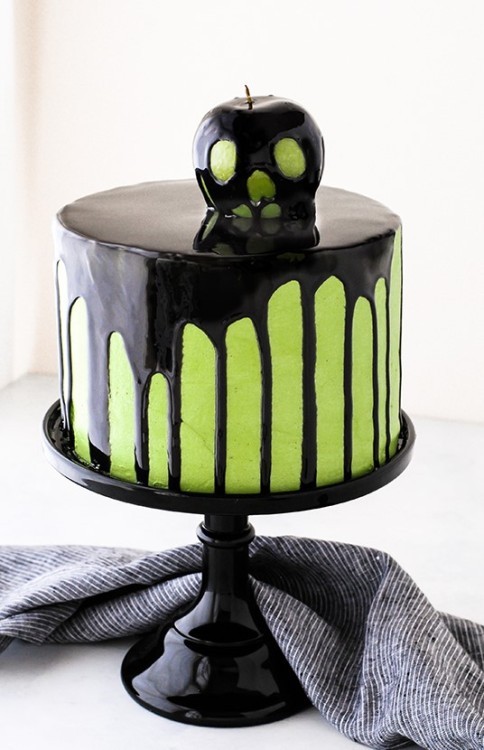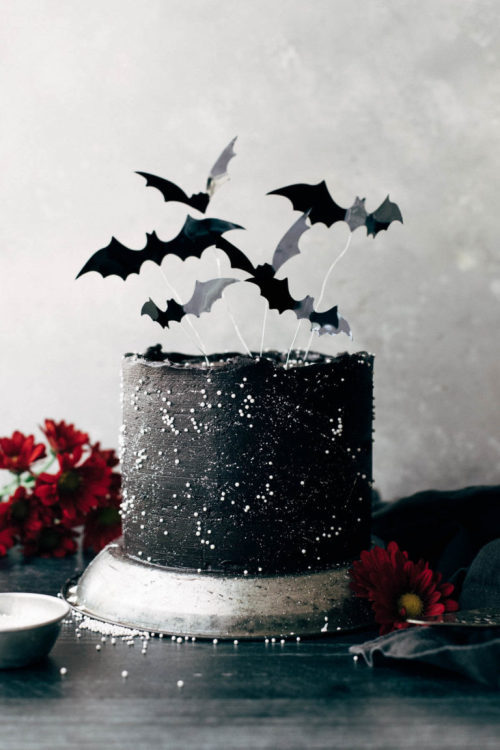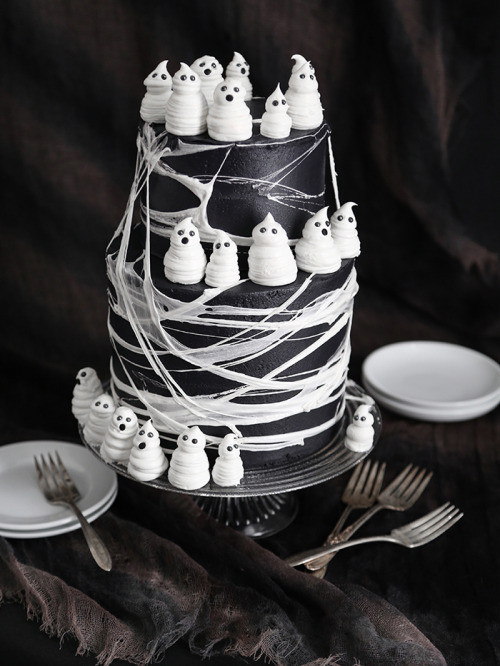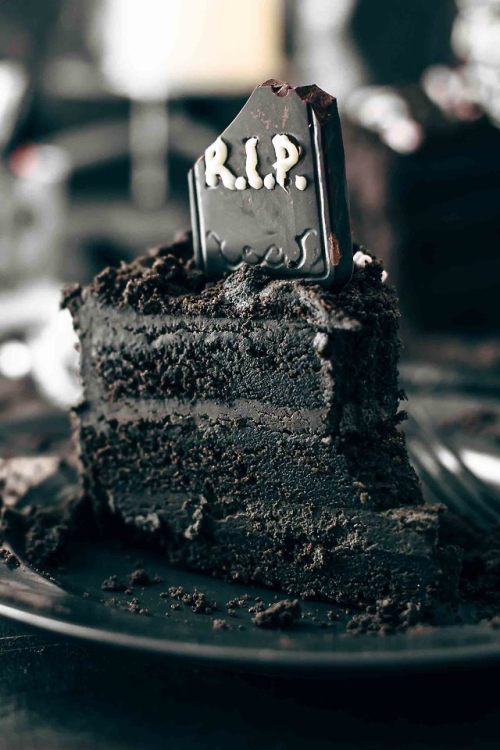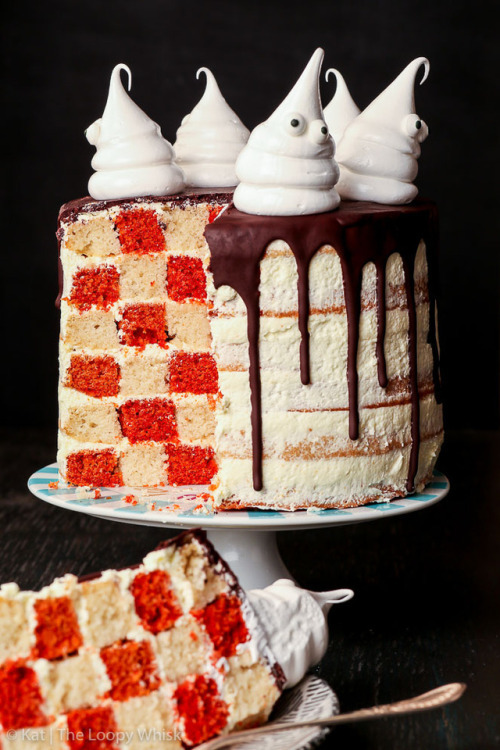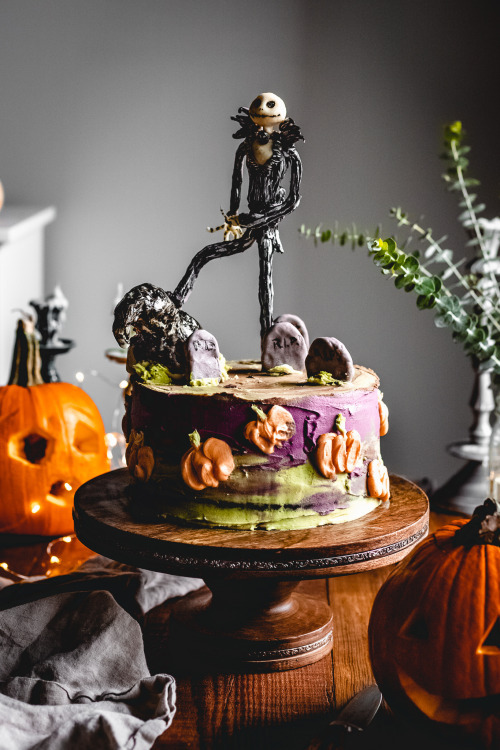Stewjon Headcanon:
Stewjon Headcanon:
Stewjon is predominantly grassland, with various herd animals roaming its surface. Over the millennia, the Stewjoni people developed an affinity for animals, working in tandem with them to traverse and survive the plains of their homeworld. Even now, after having developed spacetravel, that connection remains, with fauna playing a pivotal role in Stewjoni life.



Even some sentient species still find themselves drawn to the Stewjoni, forming bonds of mutual cooperation and even friendship.



Yeah, this headcanon is basically just Actual Disney Princess Obi-Wan Kenobi, don’t at me.
More Posts from Anitzeineko and Others

toxic husbands (they’re waiting for ahsoka to come pick them up for bingo)
Star Wars Alien Species - Togruta
Togrutas are natives of the planet Shili, a world of dense forests, wild scrublands, and ever-growing urban areas. Shili is located in the Ehosiq Sector within The Expansion Region. The Togruta were discovered by 25,000 BBY. At some point in their history they established a major pacifist colony on the planet Kiros.

Togruta as a whole possessed a special affinity for the Force, though they had slightly less than the normal number of midi-chlorians. It was believed that this affinity was produced from their heightened spatial awareness imparted by their montrals and their role as hunters. Their sense of spiritual connection with the land also heightened their connection with the environment, thus leading to a greater ability to feel the Force. The species had contributed members to the Jedi Order practically since its beginning. A majority of the Togruta species within the Jedi Order were females, though males were not unheard of.

Togruta had a strong sense of unity and togetherness. On their native homeworld of Shili, they relied on each other and would band together to take a stand against the massive monsters that hunted them, such as the akul. It is said that the creatures of Shili most often attacked in groups, which was even more reason for the native Togruta to work together. While most of Shili was covered in the scrublands where the Togruta hunted their herbivorous prey, the Togruta lived in small communities in the forest valleys, where the canopies kept them out of sight.

Togruta were known for their habit of not wearing shoes; they believed that the land was spiritually connected to them, and wearing shoes cut themselves from a bond with the land. In the pack, every able Togruta was expected to contribute his or her own share, as any food attained was distributed equally. Togruta were also known for their belief that those who could not keep up should be left to fend for themselves, because that is nature's way. Other sentient species found this particular belief quite barbaric. Those within a pack who led had a difficult time with fulfilling their goals because of the risk of becoming individualistic. As hunters, the Togruta showed off the pelts and teeth of their game as a sign of pride and maturation. Special pride was taken in the teeth of akul that a Togruta had taken down as an individual. These teeth often were made into jewelry such as an akul-tooth headdress or a necklace, which also incorporated metals, stones, and pearls found on Shili. Other Togruta, such as Shaak Ti, wore the Togruta sash with their Jedi apparel.


Togruta had rusty skin tones ranging in hue from blue to red to green, with white pigmentation on their faces, and greyish lips. While not all had this feature, white stripes also adorned various parts of their bodies, including their chests, legs, backs, arms and montrals, which included the horns to the lower head tails. The pattern of stripes varied from individual to individual. This red and white pattern was a phenotype left over from their ancestor's camouflage that helped them to blend in with their natural surroundings, especially the red-and-white turu-grass which dominated Shili's scrublands.

Their heads bore two, sometimes three horns, with three, and on rare occasions, four big head-tails, whose stripes were darker than those of the montrals. Togruta had the ability to sense the proximity and movement of physical objects around them by means of their hollow montrals, which detected space ultrasonically. Young Togrutas' montrals and posterior head-tail did not fully grow until adolescence, when their montrals became curved and their third head-tail grew to the length of their two main head-tails. As predators, Togruta had sharp canine teeth, which they used to painlessly kill thimiars, their primary prey, causing the creatures' post-mortem death spasms. This gave outsiders the false impression that Togruta were venomous. However, Togrutas did nothing to dispel this misconception and even took advantage of the intimidating presence it gave them.
A typical Togruta stands 1.7 meters or 5.6 feet tall and weighs 75 kilograms or 165 pounds.
Togruta age at the following stages:
1 - 11 Child
12 - 17 Young Adult
18 - 54 Adult
55 - 74 Middle Age
75 - 94 Old
Examples of Names: Ashla, Raana Tey, Codi Ty, Creev Zrgaat, Dyani Zaan, Jir Taalan, Qusak Laal, Shaak Ti, Vika Saaris, Ahsoka Tano.
Languages: Togrutas are taught their Species language of Togruti, and most later learn Basic. Togruti was an ornate language using trills and long vowel sounds, which were modified by subtle tremors in the Togruta's head-tails. This language was heavily influenced by Basic, but also incorporated some native idioms, which caused Basic-speaking Togruta to use strange expressions.
The Minimalist Character Sheet
So I am not the biggest fan of those ten page character sheets that include 100 questions like “What’s their favourite ice cream?”. Don’t get me wrong: If those help you with your writing, more power to you! Do what works for you. But I tend to discover all the little details of a character while writing. I only need the fundamental things. Maybe this works for you too!
The Basics
Name: including all nicknames, titles, etc.
Gender
Age
Role in the Narrative
Physical Description: focus on defining features
GMC (If you want to learn more about the concept, check out this post.)
Internal Goal
Internal Motivation
Internal Conflict
External Goal
External Motivation
External Conflict
Personality
Short characterization: internal personality and external behavior
Their biggest failure/issue/flaw: and how it impacts their life/personality/behavior
Backstory: and its consequences, such as triggers
Speech pattern: at least three speech marks that emphasize their personality (if you want to learn more about speech patterns, check out this post)
Behaviour pattern: at least three habits that emphasize their personality
Character Arc: where do they start, how do they change, where do they end?
That’s it! Hope this gave you some pointers on how to start out with character creation.
Have fun writing!
The Guild Codex Character Theme Songs/Playlists
Tori Dawson: You Found Me - Kelly Clarkson; Legends Never Die - Against The Current
Aaron Sinclair: Second Chance - Shinedown
Kai Yamada: Never Good Enough - Citizen Soldier; It’s Not Over - Daughtry
Ezra Rowe: Demons - Imagine Dragons; Monster - Imagine Dragons; If These Scars Could Speak - Devil Inside (both by Citizen Soldier); Kryptonite - 3 Doors Down; Back From The Edge - James Arthur
Zak Andrii: Boulevard of Broken Dreams - Green Day
Robin Page: The Call - Regina Spektor; Used To Be - Arrows to Athens; Sad Song - We The Kings; Waiting For Superman - Daughtry
Zylas Vhal'yir: I’d Rather See Your Stars Implode - Slaves; Monster - Willyecho
Kit Morris: Be Somebody - Thousand Foot Krutch
Lienna Shen: Fighter - Christina Aguilera
Amalia Harper: Brave - Sara Bareilles
Saber Rose: One Woman Army - Porcelain Black; Angry Too - Lola Blanc; Thank You Hating Me - Citizen Soldier
Darius King: I’ll Fight - Daughtry; Natural - Imagine Dragons
Justin Dawson: Safe Inside - James Arthur Note: This list is not nearly finished - I plan to keep adding both songs and characters. If anyone out there has any suggestions, or other songs to add to existing assignments, or you just want to share your opinion on this theme list, feel free to share them!
The idea of Quinlan getting assigned to the Coruscant Guard as their Jedi is just - so interesting, given his power. And given that Palpatine's whole office is Sith Lite at best, with all the decorations and interior design choices, and that Palpatine regularly takes time off from collecting emergency powers to travel to the Outer Rim and run around in a big dramatic cloak terrorizing his former apprentice. Just - how much of that would Quinlan pick up on? Is there any way to hide psychic impressions? How quickly would Palpatine try to have him assassinated after he took the role?
Idk it's just a plot I've seen glossed over before, but playing it out fully would be so neat, and it has the potential to be a really fun fix-it, too.
You know what’s some crazy $hit?
This fabulous bitch
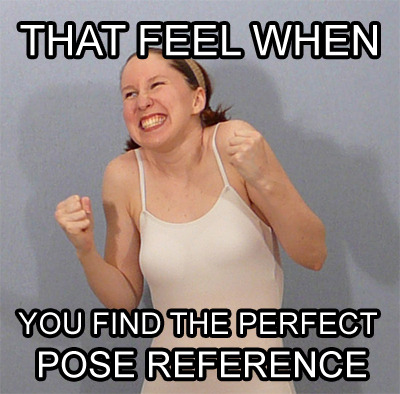
She makes a shit ton of poses (like 16,000 or some crazy nonsense). I used this lovely lady to draw so much as a teen. Whether it was some nerdy pose for my Mary Sue as fuck OCs

or for full on fight sequences

or for tragic deaths of my OCs in the arms of a totally OOC main protagonist.

this bitch hooked me up.
And with the wildest, craziest stuff that you could see in your head but had no way or resources to reasonably draw like

or this

or this

DUDE! INASNE SHIT!! So I was using her for a pose reference and decided, you know what, I owe this bitch some cash. Lemme dole it out for her. BUT then, I looked and saw she only has 286 fucking patrons!! This chick gives out free shit and spends countless hours arranging these shoots and setting this stuff up.
I’ll fork up the cash, SenshiStock. You’re worth it.
Check out this amazing woman’s stuff, and get knowledged: https://www.deviantart.com/senshistock










Clarke Griffin: Bisexual Goddess

Mina is best girl. Alien Queen of my heart.
The entry on mandoa.org for the adoption vow really is, honestly, fucking hilarious.
"Ni kyr'tayl gai sa'ad."
The website helpfully provides the translation: "I know your name as my child." Except... that's not what that quote means.
That's a typo.
The actual vow is:
"Ni kar'tayl gai sa'ad."
Kar'tayl comes from kar'taylir (and thus, since it's a verb, its use in the vow should actually be conjugated as "kar'tayli", rather than using the noun version, but I digress) which... broadly means "to know."
Specifically, though, it means "to hold in one's heart."
"I hold in my heart your name as my child."
Awww, so poetic, so romantic, isn't that lovely, isn't it just so sweet?... Oh, but what does the typo turn it into, you ask?
A little less sweet, I'm afraid. You see, the problem is that one letter. That one little oopsie-daisy. An "a" into a "y", what a silly little mix-up.
Unfortunately, the word "kyr" in Mando'a means "end." Typically in the most final of ways.
Yep, the very fatal mistake in changing the first word from "kar" (heart) to "kyr" (death) is that when combined with "taylir" (to hold, to keep, to preserve) it suddenly becomes rather more sinister. To know something in death.
"I hold in death your name as my child."
Which is an altogether different kind of vow, don't you think?
-
 fenir166 liked this · 2 months ago
fenir166 liked this · 2 months ago -
 nariiamio liked this · 3 months ago
nariiamio liked this · 3 months ago -
 rosetheweirdhuman reblogged this · 7 months ago
rosetheweirdhuman reblogged this · 7 months ago -
 rosetheweirdhuman liked this · 7 months ago
rosetheweirdhuman liked this · 7 months ago -
 imaginationzkey liked this · 9 months ago
imaginationzkey liked this · 9 months ago -
 starwarsandstuffs reblogged this · 11 months ago
starwarsandstuffs reblogged this · 11 months ago -
 mphdp liked this · 11 months ago
mphdp liked this · 11 months ago -
 11munch95 liked this · 1 year ago
11munch95 liked this · 1 year ago -
 hauntednorth liked this · 1 year ago
hauntednorth liked this · 1 year ago -
 dragonseer20 reblogged this · 1 year ago
dragonseer20 reblogged this · 1 year ago -
 dandelionpuppies liked this · 1 year ago
dandelionpuppies liked this · 1 year ago -
 i-do-love-to-kvile liked this · 1 year ago
i-do-love-to-kvile liked this · 1 year ago -
 blueblossomtea reblogged this · 1 year ago
blueblossomtea reblogged this · 1 year ago -
 blueblossomtea liked this · 1 year ago
blueblossomtea liked this · 1 year ago -
 corsetsandcardamom liked this · 1 year ago
corsetsandcardamom liked this · 1 year ago -
 the-height-of-life liked this · 1 year ago
the-height-of-life liked this · 1 year ago -
 lillianowitch liked this · 1 year ago
lillianowitch liked this · 1 year ago -
 blackholesun321 liked this · 1 year ago
blackholesun321 liked this · 1 year ago -
 rodarolla2 liked this · 2 years ago
rodarolla2 liked this · 2 years ago -
 sunsiall liked this · 2 years ago
sunsiall liked this · 2 years ago -
 somewhreinhere liked this · 2 years ago
somewhreinhere liked this · 2 years ago -
 kenobiiis2222222 liked this · 2 years ago
kenobiiis2222222 liked this · 2 years ago -
 dreamwings231 liked this · 2 years ago
dreamwings231 liked this · 2 years ago -
 goose-inc-yvri liked this · 2 years ago
goose-inc-yvri liked this · 2 years ago -
 fer-arts liked this · 2 years ago
fer-arts liked this · 2 years ago -
 thenextyellowfish liked this · 2 years ago
thenextyellowfish liked this · 2 years ago -
 madpufferfish liked this · 2 years ago
madpufferfish liked this · 2 years ago -
 andy-globehead liked this · 2 years ago
andy-globehead liked this · 2 years ago -
 shadow-walker05 liked this · 2 years ago
shadow-walker05 liked this · 2 years ago -
 qwertyisqueen liked this · 2 years ago
qwertyisqueen liked this · 2 years ago -
 chiroptaro liked this · 2 years ago
chiroptaro liked this · 2 years ago -
 seestarsinsky liked this · 2 years ago
seestarsinsky liked this · 2 years ago -
 aroqueerfandoms liked this · 2 years ago
aroqueerfandoms liked this · 2 years ago -
 dunnomeh liked this · 2 years ago
dunnomeh liked this · 2 years ago -
 hollyjollyconsequence liked this · 2 years ago
hollyjollyconsequence liked this · 2 years ago -
 gentle-giraffe liked this · 2 years ago
gentle-giraffe liked this · 2 years ago -
 emo-nova liked this · 2 years ago
emo-nova liked this · 2 years ago -
 sillydinosaursheep reblogged this · 2 years ago
sillydinosaursheep reblogged this · 2 years ago -
 sillydinosaursheep liked this · 2 years ago
sillydinosaursheep liked this · 2 years ago -
 shinyamile reblogged this · 2 years ago
shinyamile reblogged this · 2 years ago -
 letshopewewillgetthrough liked this · 2 years ago
letshopewewillgetthrough liked this · 2 years ago -
 gouachemole liked this · 2 years ago
gouachemole liked this · 2 years ago -
 bleep630 liked this · 2 years ago
bleep630 liked this · 2 years ago -
 shinyamile reblogged this · 2 years ago
shinyamile reblogged this · 2 years ago -
 shinyamile liked this · 2 years ago
shinyamile liked this · 2 years ago -
 cassidys-things-blog liked this · 2 years ago
cassidys-things-blog liked this · 2 years ago -
 sjura liked this · 2 years ago
sjura liked this · 2 years ago -
 luciddreamarium liked this · 2 years ago
luciddreamarium liked this · 2 years ago
